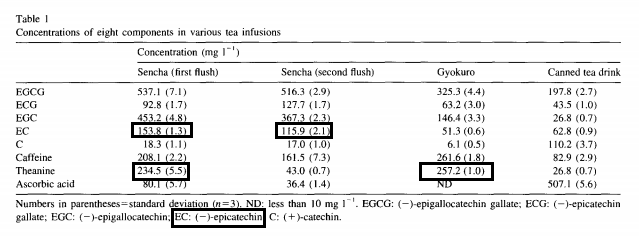Caffeine supposedly increases CPK levels to near schizophrenia levels. Sensationalist books, like Caffein Blues, think of caffeine as the worst drug on the market. Caffeine is also implicated in pancreas disorders, anxiety, ulcers (i'm still unsure about pylori, given that 80% of people never go on to develop ulcers in the presence of pylori infection), changes gut microbiota, impairs absorption of magnesium, iron, seems also to impair chronic intestinal conditions, like IBS. On the plus side caffeine drops blood sugar, reduces appetite (anorectic), seems to have cross-tolerance with nicotine, high in antioxidants.
My anecdotal evidence, is that after a week of pretty bad withdrawal, my anxiety and cortisol levels drop dramatically without caffeine. Chronic caffeine could have some effect on HPA axis. I never managed to go without caffeine longer than a week, which given my habit (decade of 500+ mg a day), could warrant a longer period of experimentation. Also supposedly caffeine has a pretty dirty drug profile, affecting GABA, acetylocholine, dopamine, serotonin. Caffeine (and nicotine) abuse is sky-high among certain groups, like drug users and mentally ill.
Epigenetical evidence would point us to belief, that roasted beans from tropical country can't be so beneficial to us.
http://apt.rcpsych.o...ontent/11/6/432
http://www.ncbi.nlm....pubmed/20164571

















































